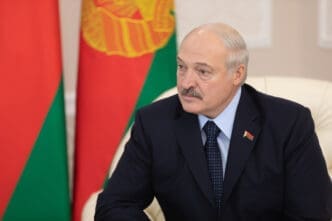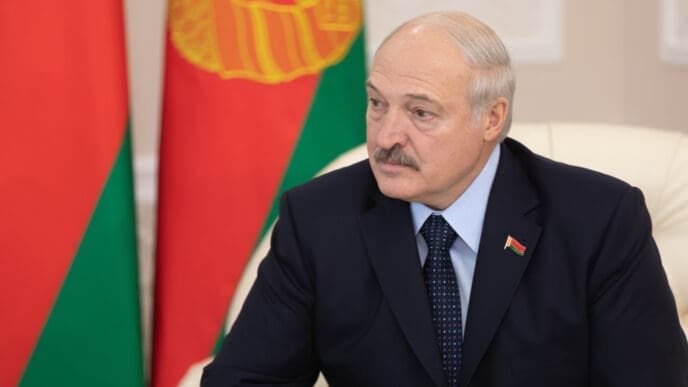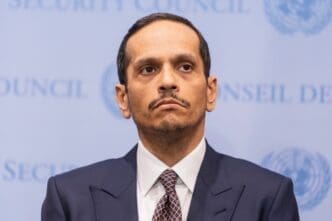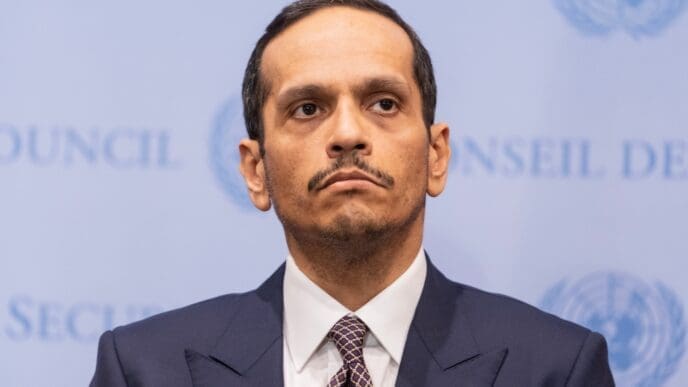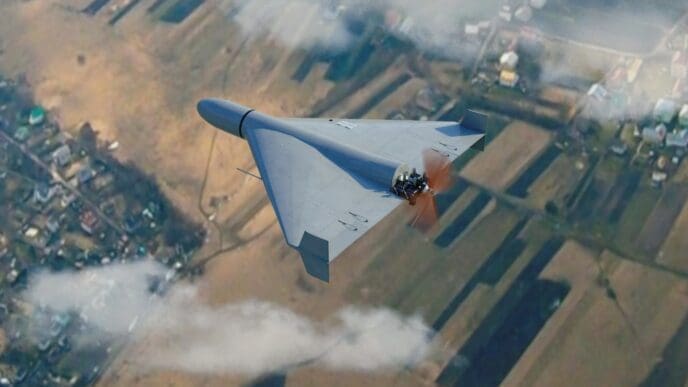Over the course of his four-decade political career, former Prime Minister Jean Chrétien has witnessed numerous elections. However, he notes that the current Canadian federal election stands out for its unique characteristics. Unlike previous campaigns centered around major national issues, this election is marked by existential challenges, significantly influenced by the actions of U.S. President Donald Trump.
Trump’s imposition of tariffs has raised concerns over Canada’s economic security, while his provocative remarks about Canada becoming the 51st U.S. state have cast doubts on the nation’s sovereignty. This atmosphere of uncertainty is shaping the electoral landscape, as voters seek the party best equipped to uphold Canada’s independence.
The ongoing Canada-U.S. tariff dispute is a major factor influencing the federal election. Current polling indicates a resurgence in support for Canada’s two main political parties, the Conservatives and the Liberals, fueling speculation that the election could be one of the most pivotal in decades. Recent data from Nanos Research suggests that the Liberals hold 45% of decided voter support, while the Conservatives have 37%. Other parties, such as the NDP, Bloc Québécois, Greens, and the People’s Party of Canada, trail significantly behind.
The dynamics have shifted, with the NDP experiencing a decline similar to its performance in the 2000 election. This change is attributed to a portion of its base shifting allegiance to the Liberals in response to the perceived Trump threat, while others are drawn to the Conservative leader Pierre Poilievre’s populism. Meanwhile, the Bloc Québécois maintains support levels consistent with past elections.
The potential return to a predominantly two-party system raises questions about the durability of this trend and whether it will persist beyond Trump’s presidency. Some observers suggest that this polarization mirrors the political landscape in the United States, where voters typically choose between two dominant parties.
Former Quebec Premier Jean Charest believes Trump has exposed latent issues within Canada, prompting voters to reconsider their political priorities. This introspection is driving many to rally around the two major parties, seeking stability in a time of uncertainty. Charest also notes that Trump’s presidency has highlighted Canada’s vulnerabilities, prompting urgent discussions on economic and defense policies.
Perrin Beatty, a former federal cabinet minister, echoes this sentiment, suggesting that the strong support for the two main parties indicates a preference for a government with a solid mandate to negotiate with the Trump administration. Beatty argues that a majority government is better positioned to implement long-term solutions rather than short-term fixes.
Pollster Nik Nanos describes the election as one of the most intriguing in recent history, driven in part by Trump’s influence but also shaped by broader factors such as strategic voting and political polarization. He notes that the decline of smaller parties like the NDP and Greens is partly due to voters’ strategic alignment with the two leading parties.
With an unusually low percentage of undecided voters, the election appears to be a referendum on leadership, with Canadians aligning themselves with parties they believe can best navigate the challenges posed by Trump’s presidency.
Political analyst Hamish Telford observes that the polarization evident in this election reflects a broader trend across Western democracies. As voters gravitate towards binary choices, smaller parties struggle to maintain relevance, potentially leading to a more entrenched two-party system.
Professor Alex Marland of Acadia University suggests that this election could redefine Canada’s multi-party system, possibly signaling a shift towards a new political era. He emphasizes that technological advancements have intensified political divisions, enabling parties to directly engage their bases and foster polarization.
While Trump’s influence has introduced significant challenges, it has also prompted Canadians to reflect on their national identity and political values. Chrétien humorously suggests that Trump deserves recognition for inadvertently uniting the country. Despite the uncertainties, there is optimism that Canada will emerge stronger from this election, underscored by a renewed sense of unity.
The Nanos Research poll for The Globe and Mail and CTV surveyed 1,224 Canadians, with a margin of error of 2.8 percentage points. Full survey methodology is available at tgam.ca/polls.



